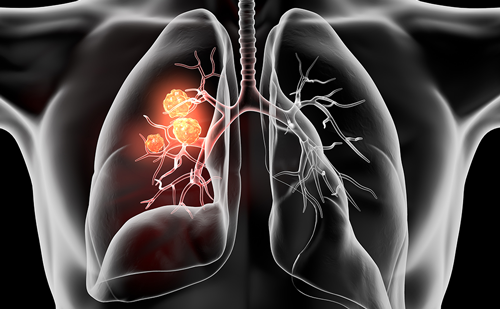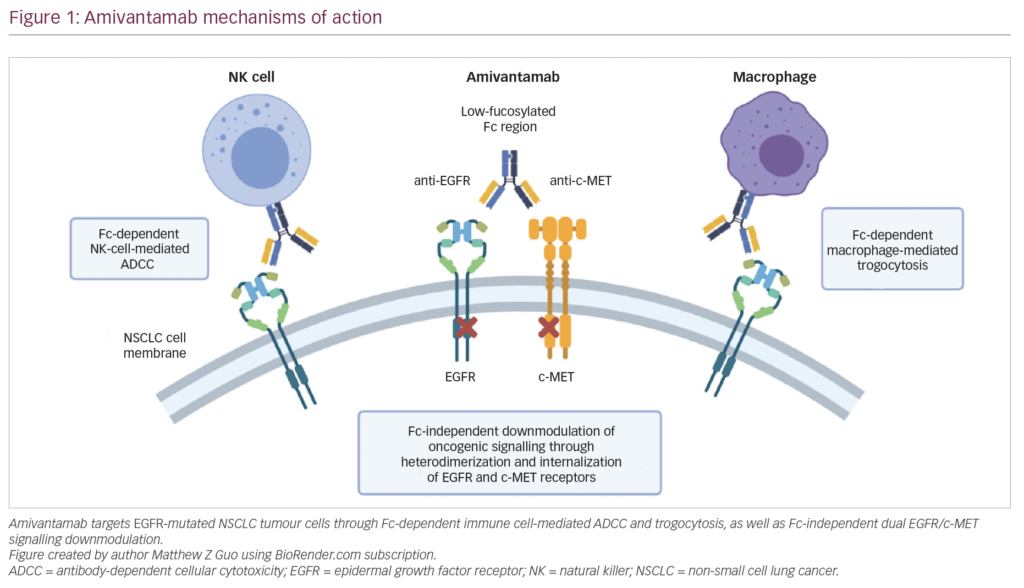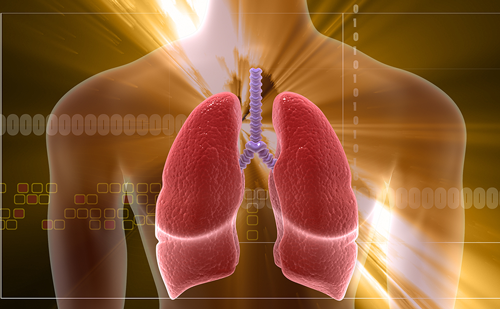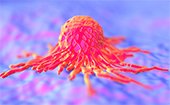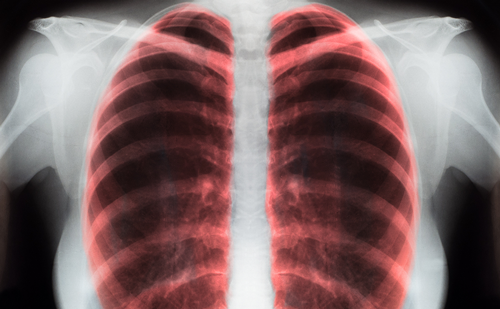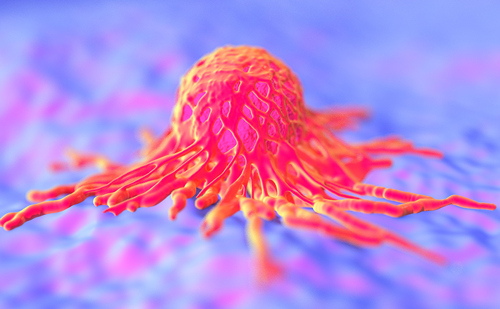Q: Following the emergence of targeted therapies in non-small cell lung cancer, how useful is the testing of circulating tumor-derived DNA for EGFR mutation testing?
Testing peripheral blood for actionable mutations represents a major advance in the management of lung cancer. It is now possible to understand mechanisms of resistance to EGFR-targeted therapies. Recently, the Food and Drug Administration (FDA) approved a plasma based test for detection of EGFR mutation in patients with newly-diagnosed advanced NSCLC as a companion-diagnostic to treatment with erlotinib. In addition, plasma testing for T790M is associated with high sensitivity and specificity, and can also be used to support the use of osimertinib, a T790M inhibitor for patients with acquired resistance to EGFR tyrosine kinase inhibitors. In addition, plasma testing also provides avenues for research on longitudinal monitoring for resistance, and early detection of cancer recurrence.
Q: What do you see as the major challenges in targeted therapy in EGFR mutation positive non-small cell lung cancer?
Every patient treated with an EGFR inhibitor develops acquired resistance. As our understanding of these mechanisms have improved, new targeted therapies such as osimertinib have been developed. It is now possible to administer osimertinib as front-line therapy and avoid the emergence of T790M mechanisms of resistance. The next steps will be to understand potential mechanisms of resistance to third generation EGFR inhibitors and develop strategies to overcome them. In addition, combining third generation EGFR inhibitors with other molecularly targeted agents to extend the benefits to patients with EGFR mutations remains an important priority.
Q: How is emerging data on the anti-PD1 agents changing the treatment paradigm in non-small cell lung cancer?
Checkpoint inhibitors are used now for routine care of patients with advanced stage NSCLC. Monotherapy with checkpoint inhibitors is associated with survival benefit over standard chemotherapy for several agents in the salvage therapy setting. Studies have documented improved survival outcomes with pembrolizumab for patients with high PDL1 expression in the front line treatment of advanced NSCLC. Based on these, the treatment paradigm for advanced stage NSCLC have shifted with incorporation of immune checkpoint inhibition.
Q: What is the current status of the clinical development of anti-PDL1 agents, such as atezolizumab?
Atezolizumab is a PDL1 inhibitor that has been approved for the treatment of salvage therapy of advanced stage NSCLC. It has demonstrated superiority over docetaxel in randomized phase III trials. Atezolizumab is now being studied in combination with chemotherapy for front-line treatment of advanced stage NSCLC. It is also being studied in the adjuvant therapy setting for patients with early stage NSCLC. Combination of atezolizumab with other immunotherapy agents is also an active area of development.
Q: How do you see the role of chemotherapy in non-small cell lung cancer evolving in the areas of targeted therapy and immunotherapy?
Chemotherapy continues to play an important role in the treatment of NSCLC. For patients with PDL1 expression lower than 50%, chemotherapy continues to be the mainstay of treatment. Even for patients with high PDL1 expression who receive immune checkpoint inhibition as monotherapy, upon progression, platinum-based chemotherapy is used. Sequencing chemotherapy with immune checkpoint inhibition and evaluation of combination regimens with immune checkpoint inhibition are all areas of active investigation.



